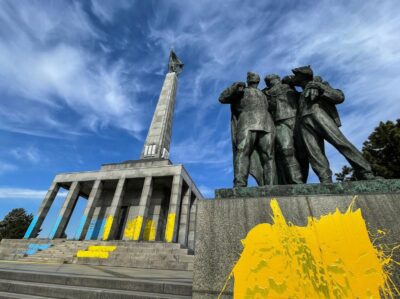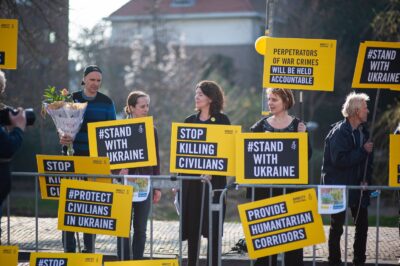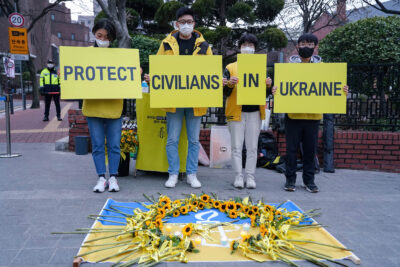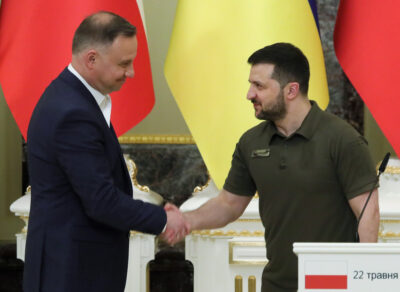Slovakia: an unstable public support for Ukraine and the West
Survey research from July 2022. “How are you Slovakia?”, conducted by researchers from the research agencies MNFORCE, Seesame and the Slovak Academy of Sciences, shows that the majority of Slovaks support a victory for Russia rather than Ukraine in the current Russian-Ukrainian conflict. At the same time, an earlier survey, conducted by the think tank Globsec, shows...
More →









